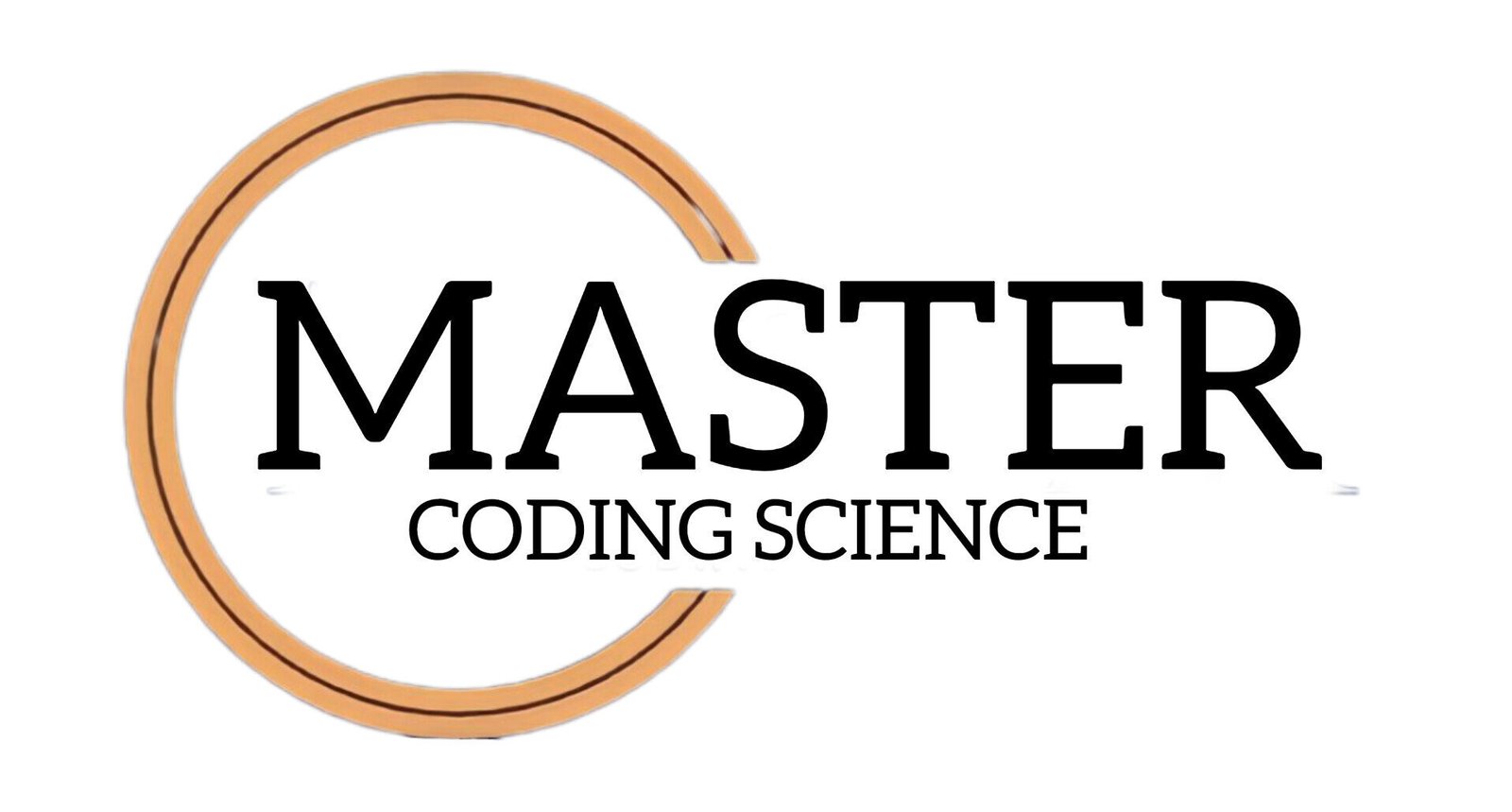Variables are the foundation of any programming language, including C. In this post, we’ll cover everything you need to know about C variables, from creation to best practices, with plenty of examples.
1. What are Variables in C?
A variable in C is a container that stores data values. It allows programs to store information in memory, manipulate it, and retrieve it when needed.
Key Features of Variables:
- They have a name.
- They store a value.
- They have a specific data type that defines what kind of data they can hold.
2. Create Variables in C
Creating a variable in C involves specifying the data type and giving the variable a name.
Syntax:
data_type variable_name;Example:
int age; // Integer variable
float height; // Floating-point variable
char grade; // Character variableAssigning Values:
You can assign a value to a variable during or after declaration:
int age = 25; // Declare and assign
age = 30; // Change value later3. Format Specifiers in C
To print or read variable values using printf and scanf, you must use format specifiers. These tell the compiler what type of data to expect.
Common Format Specifiers:
| Data Type | Format Specifier | Example |
|---|---|---|
int | %d | printf("%d", age); |
float | %f | printf("%.2f", height); |
char | %c | printf("%c", grade); |
double | %lf | printf("%lf", value); |
Example:
#include <stdio.h>
int main() {
int age = 25;
float height = 5.9;
char grade = 'A';
printf("Age: %d\n", age);
printf("Height: %.1f\n", height);
printf("Grade: %c\n", grade);
return 0;
}Output:
Age: 25
Height: 5.9
Grade: A 4. Change Variable Values
In C, you can change the value of a variable at any time.
Example:
#include <stdio.h>
int main() {
int score = 50;
printf("Initial Score: %d\n", score);
score = 90; // Changing the value of score
printf("Updated Score: %d\n", score);
return 0;
}Output:
Initial Score: 50
Updated Score: 90 5. Declare Multiple Variables
You can declare multiple variables of the same type in a single statement.
Syntax:
data_type var1, var2, var3;Example:
#include <stdio.h>
int main() {
int x = 5, y = 10, z = 15;
printf("x = %d, y = %d, z = %d\n", x, y, z);
return 0;
}Output:
x = 5, y = 10, z = 156. Variable Names
Variable names in C must follow certain rules:
Rules for Naming Variables
- Must start with a letter or an underscore (
_). - Cannot use keywords (e.g.,
int,return). - Must be unique within the same scope.
- Case-sensitive:
Varandvarare different.
Valid Names:
age,height_1,_total
Invalid Names:
1age(starts with a number)total-price(contains-)return(keyword)
7. Real-Life Examples
Let’s see how variables are used in practical programs.
Example 1: Area of a Circle
#include <stdio.h>
int main() {
float radius, area;
const float PI = 3.14; // Constant variable
printf("Enter radius: ");
scanf("%f", &radius);
area = PI * radius * radius;
printf("Area of the circle: %.2f\n", area);
return 0;
}Output:
Enter radius: 5
Area of the circle: 78.50 Example 2: Swap Two Variables
#include <stdio.h>
int main() {
int a = 5, b = 10, temp;
printf("Before Swap: a = %d, b = %d\n", a, b);
temp = a;
a = b;
b = temp;
printf("After Swap: a = %d, b = %d\n", a, b);
return 0;
}Output:
Before Swap: a = 5, b = 10
After Swap: a = 10, b = 5 Example 3: Calculate Average
#include <stdio.h>
int main() {
int num1, num2, num3;
float average;
printf("Enter three numbers: ");
scanf("%d %d %d", &num1, &num2, &num3);
average = (num1 + num2 + num3) / 3.0;
printf("Average: %.2f\n", average);
return 0;
}Output:
Enter three numbers: 5 10 15
Average: 10.00 Best Practices for Variables
- Use meaningful names: Make your variables descriptive (e.g.,
totalMarksinstead ofx). - Initialize variables: Avoid using uninitialized variables.
- Minimize global variables: Prefer local variables for better maintainability.
- Comment your code: Explain the purpose of critical variables.
Conclusion
Variables play a vital role in C programming. They allow data storage, manipulation, and interaction, making programs dynamic and powerful. By mastering variable declaration, initialization, and usage, you can create efficient and effective programs.
For more in-depth C programming tutorials, visit Master Coding Science and elevate your coding skills!
